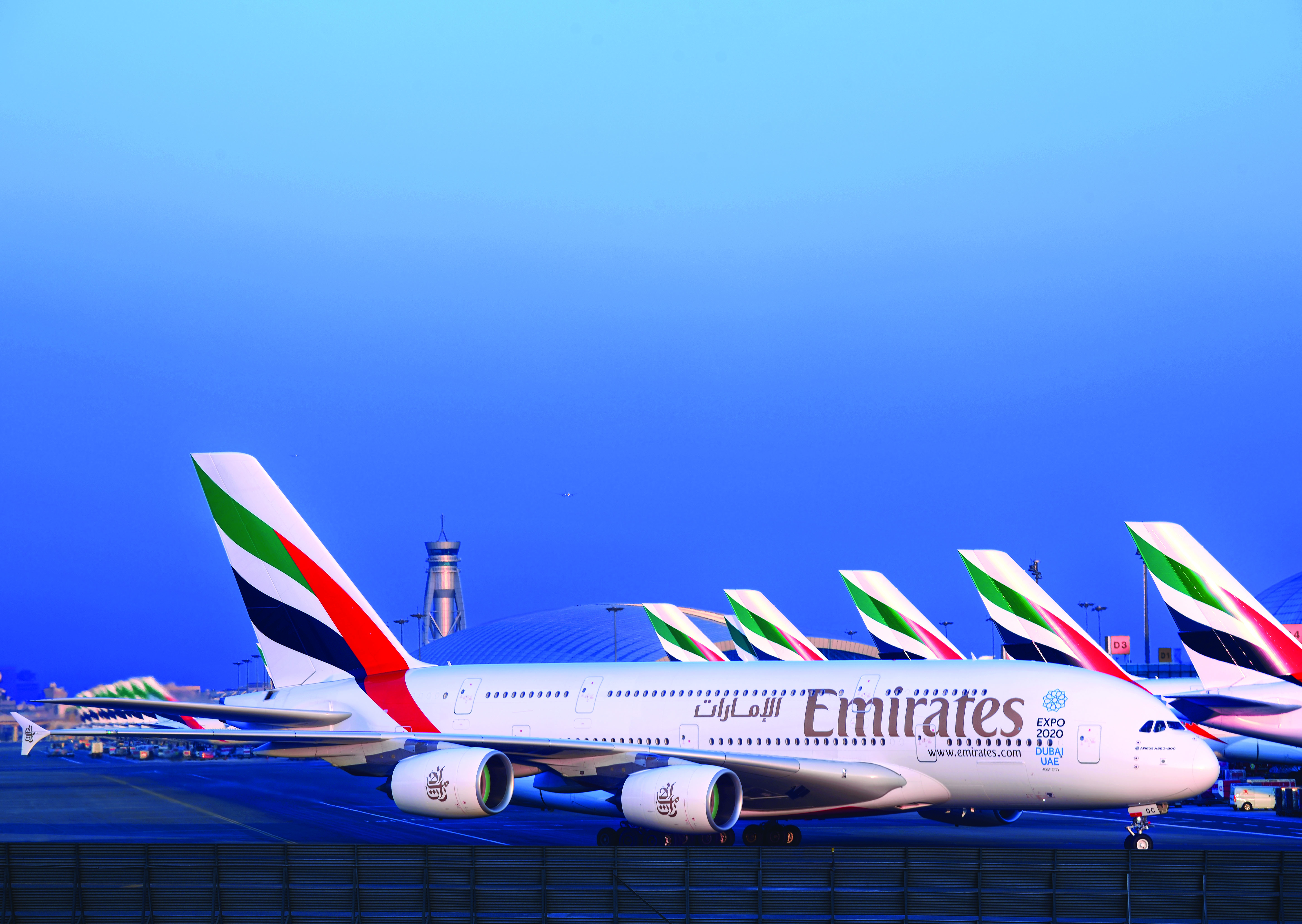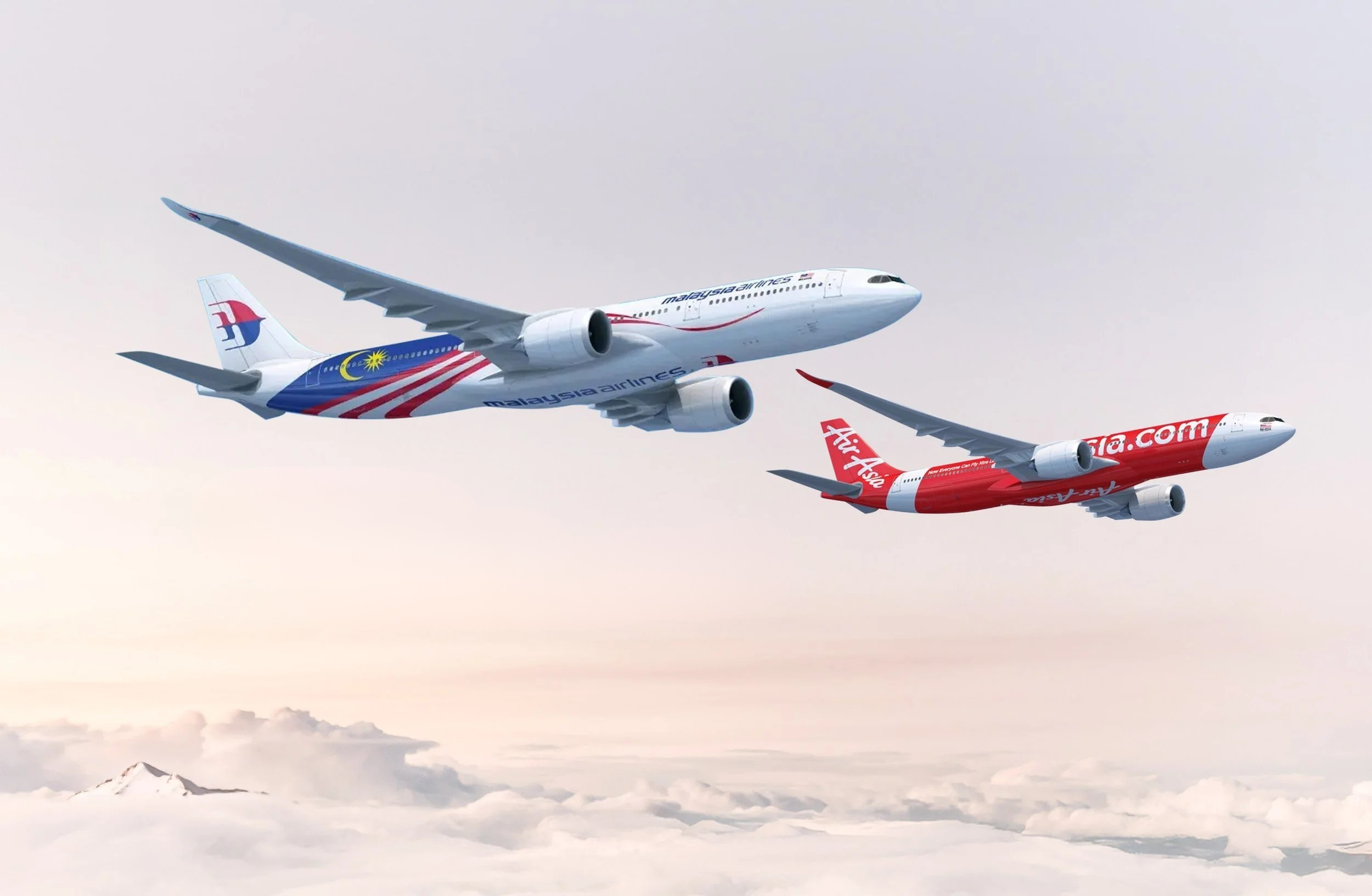Malaysia Airlines will unveil a new identity when it is relaunched on September 1 as it tries to separate its “new” self from the disasters of 2014 and win back the customers it has lost. Under new management, led by airline turnaround specialist Christoph Mueller, who nursed Ireland’s Aer Lingus back to financial health between 2009 and 2013, the airline yesterday sacked 30 per cent of its workforce, reduced from 20,000 to 14,000, as it sets about remaking its back office systems and cutting the cost of flying each seat by 20 per cent.
Mueller is being blunt about the mess the airline is in. The old Malaysia Airlines had lost around $US1.3 billion, even before the mysterious disappearance of the MH370 Boeing 777 with 239 people on board on March 8, 2014, and the destruction of a Boeing 777 and its 298 souls aboard that was hit by a missile over Ukraine on July 17. He admits the airline is “technically bankrupt” and the outcome of his restructuring is not assured. “The horse is new to me,” he admits. “I still don’t know whether it’s a donkey or a horse.”
He says the airline will completely refurbish its business class and food service, as well as its antiquated IT system which isn’t up to standard in dealing with customer-facing tasks such as revenue management and frequent flyers. “(There is) a lot of talk about the new brand,” he says. “It’s not just the name of the airline. Brand is what we are standing for. The travelling public needs to understand that we are not just Malaysian Airlines in a new disguise. That we are truly a start-up, with a completely different ambition in many respects.”
But he concedes: “Of course we want to be as well-known as the old carrier. The brand will be around a Malaysian-centric idea. If you think Malaysia, you will think the new Malaysia Airlines.”'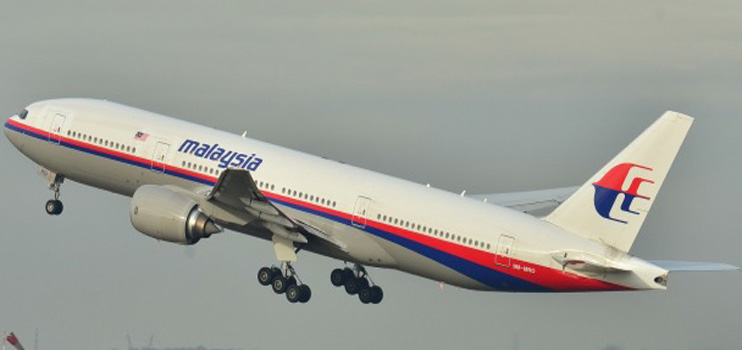
If Mueller won’t reveal exactly what will be unveiled on September 1, that’s partly because his team has only just begun talking to customers and suppliers, like travel agents, about what they want from the new airline.
“I wrap myself a little bit in silence when it comes to brand,” Mueller says. “We will test it very diligently with test groups because we have to achieve a perception of a completely new start in certain markets where our brand is particularly tarnished."
“In Australia, every day there is news from the search for MH370 [off Western Australia]. We had four major incidents in the aviation industry in the last two years. Two of them are literally forgotten because nobody reminds us of them every day, but every progress report, certainly done with good intentions, on MH370 reminds the public of that tragedy and people are simply scared of that.”
Mueller says the mystery is like the intrigue around the Bermuda Triangle in the 1960s, when ships and planes were fabled to have disappeared without trace.
“It’s 50 years after that, [but] people still use that,” he says. “And that is the reason we have to consider a rebrand.
“But I cannot tell you its name or its symbol or its colour scheme.”
Mueller says it’s crucial the airline hits it’s 20 per cent unit cost reduction target so that it can continue to offer traveller-friendly discounts sustainably – instead of the financial disaster caused by the deep discounting it undertook after MH370 and MH17 to try to win back customers.
“Ninety per cent of all passengers today choose their airline tickets based on price,” he says. “Ten per cent is schedule and product is nothing. But the main reason why people change a ticket and go to another airline is product.
“Product is a sense of punctuality, reliability – all the things that make your travel experience unique. So we have to get it all right. There is no margin for error. We cannot be sloppy on the product."
“We have to be punctual otherwise the remaining passengers will leave, but we also have to bring our costs down in order to keep pricing at the lowest point in order to compete against the low-cost carriers.”
He is talking specifically about AirAsia and its long-haul offshoot, AirAsia X, which have grown to be a huge presence in the Malaysian capital, Kuala Lumpur, partly because Malaysia Airlines has such high costs. “We have superior product quality in comparison to the low-cost carriers, but we have to be able to position it right,” Mueller says. “We will not be able to claim the market share which was our ambition two or three years ago – it’s unachievable and that’s why we have to take down capacity [by reducing aircraft size and frequencies on some routes].
“We have lost market share because we simply cannot go below a certain price point. We have done it nevertheless and that ended in catastrophe in our P & L [profit and loss].”
Don’t expect the new Malaysia Airlines – whatever it is called – to be offering below-cost fares on its double-daily A380 super jumbo services to London, for example – especially not from onward destinations like Australia.
Mueller says two of the airline’s six A380s are for sale “because we have trouble filling them”.
“If you are competing in the transfer market [via Kuala Lumpur to somewhere else] – let’s say the UK to Australia – it doesn’t make sense to try to gain market share,” Mueller says. “You will lose your shirt.”
Have questions or want to share your thoughts?
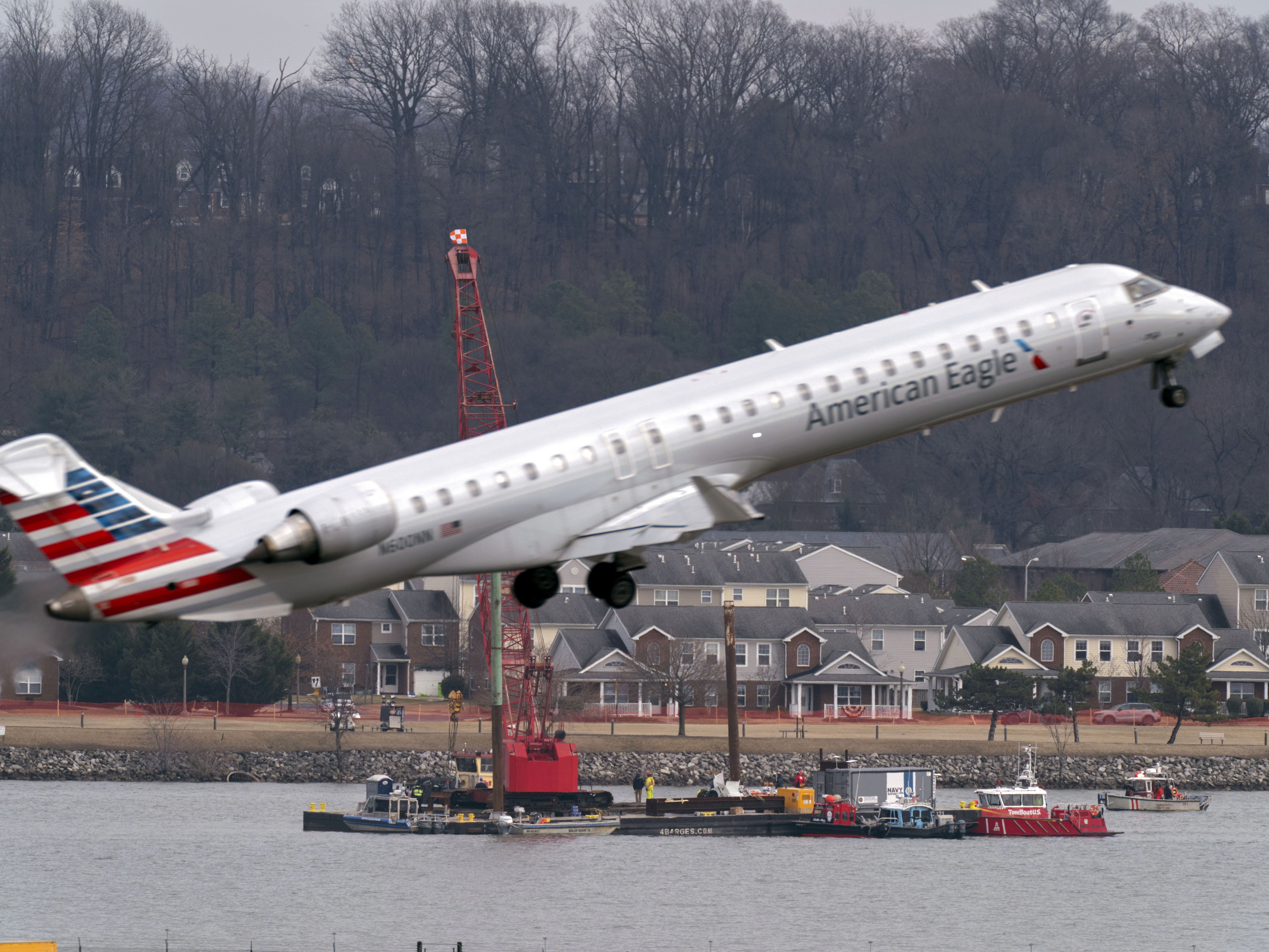
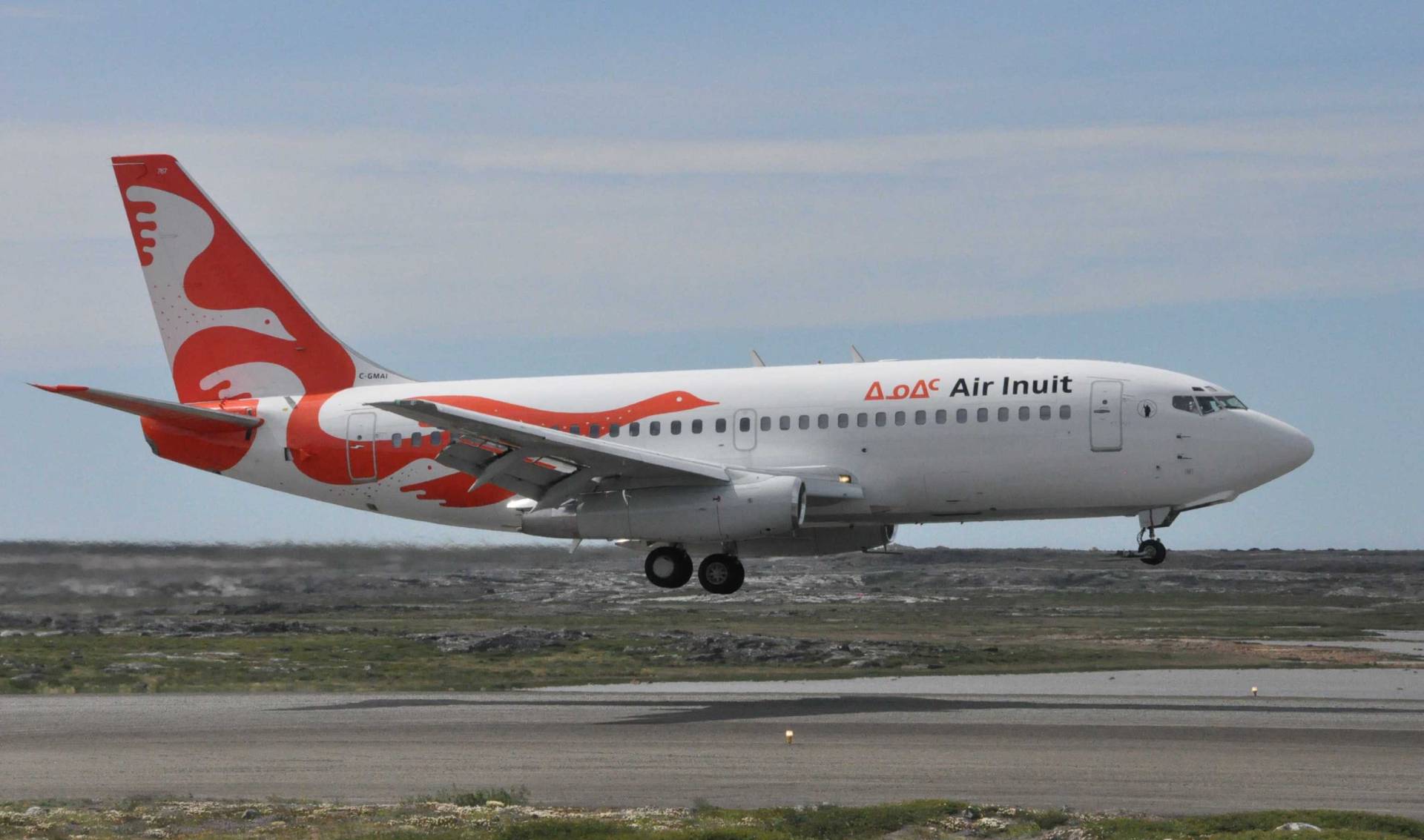
.jpg)
